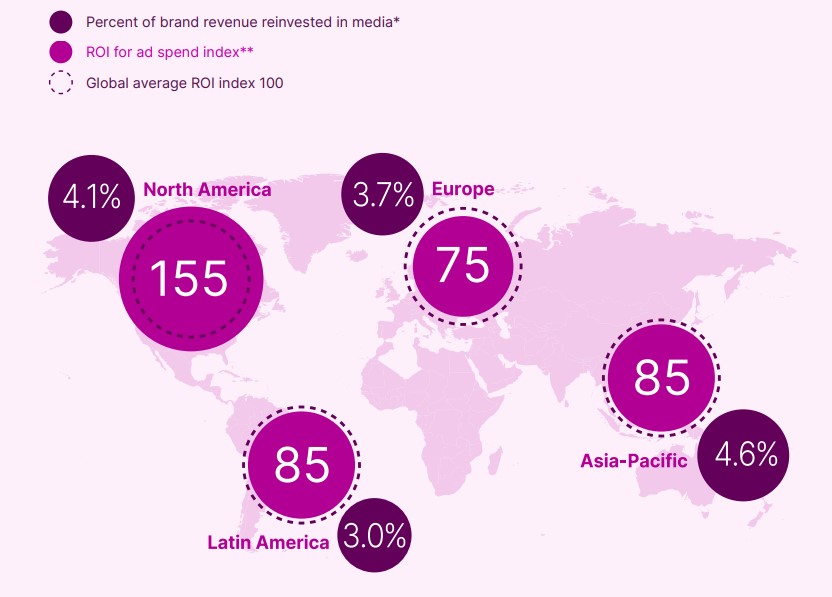It’s that time of year. The evenings are getting darker, couples are bickering about whether to turn the heating on, there’s spiders in the garden, and, at work, everyone’s thinking about next year’s budget. How big it should be and how it should be spent.
For 2023, these questions are even more fraught than usual. With inflation running in double digits, businesses and households will have to spend more on the things they absolutely must buy. That means consumers will have less cash for things marketers would like to sell, and businesses less for the tools marketers like to use.
But questions about 2023 budgets aren’t impossible to tackle.
There’s a small army of highly skilled and qualified econometricians analysing money returned for different media budgets. They’ve now been at it for so long that it’s possible to see the patterns. To see how outcomes vary with the size of budget chosen.
And there are consistent patterns in the data. Things that are often true. While these can never point precisely to the right thing for any particular business, the actions they identify are a whole lot better than writing a guess on a blank page.
Right now, it matters where your sector is headed
Most marketers will be familiar with the evidence-based rule of thumb that says being louder than your competitors, so that you have a higher share of voice, will over time lead to you getting a higher share of market.
This is a well-established way of setting budgets. The number crunching proceeds by working back from the growth in market share that you want, to the share of voice you’ll need to get there, and then how much that’ll cost to buy.
This method still works in times of uncertainty, but an additional step is needed before beginning on the maths. That is to understand where your market is going, and so the value of an additional point of market share.
A wide range of economists and analysts are producing forecasts for growth and decline of different sectors next year. If your sector is going to be ok, or even growing, market share is valuable, but if not, a large investment into share of voice won’t pay back.



